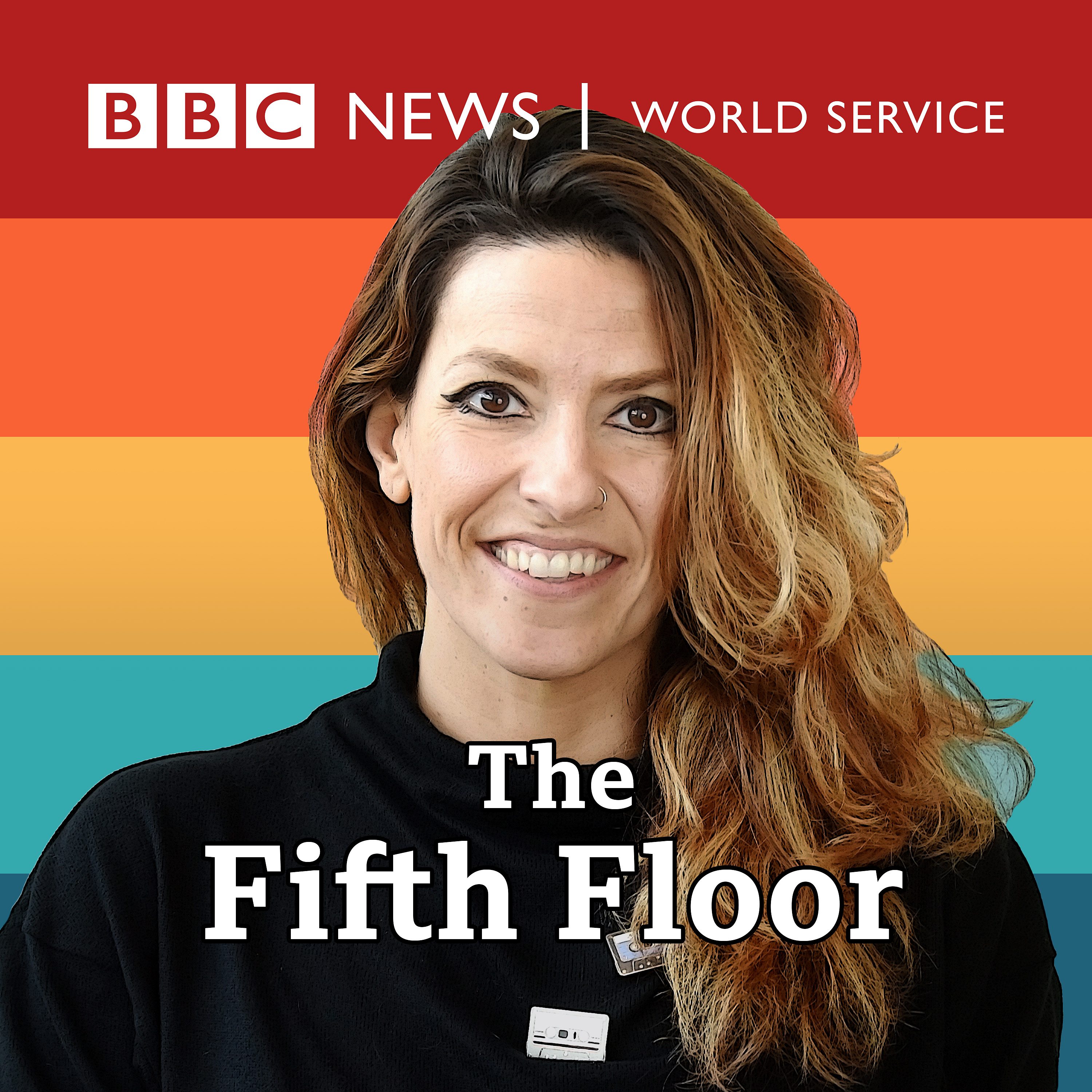Families facing starvation in Tigray
Description
Officials in Ethiopia's Tigray region have reported that more than 1,400 have died of starvation since international food aid was suspended a few months ago. Deliveries were halted after reports of widespread theft and corruption, but the impact has been catastrophic for many people living there. BBC Tigrinya’s Girmay Gebru tells us what he's seen in displaced people's camps in the region, where people are forced to beg to survive.
‘With my own eyes’: witnessing historic moments in Azerbaijan
A new BBC Azerbaijani series hears from people who witnessed key moments in the country's history. Presenter Vusal Hamzayev tells us about one guest, Alexey Manvelyan, who's BBC Azerbaijani's correspondent in the Armenian capital Yerevan. Alexey recalls the era when Azerbaijan and Armenia were part of the Soviet Union. He, like many Armenians, lived in Azerbaijan, and many Azerbaijanis lived in Armenia. Then war broke out over the disputed territory of Nagorno Karabakh.
Africa’s first English slave fort
An archaeological dig in Ghana has discovered what is thought to be the first English slave fort in Africa. Parts of the foundations of Fort Kormantine, as well as 17th century artefacts, were discovered beneath the existing Fort Amsterdam, ending decades of speculation. BBC Africa’s Favour Nunoo visited the site and met those making the discoveries.
Ecuador votes against oil extraction in the Amazon
The Yasuni National Park in Ecuador is one of the most biodiverse ecosystems in the world and home to the country’s last remaining uncontacted tribes. But the discovery of oil there 20 years ago divided Ecuadorians, with some wanting the park to remain untouched, and others arguing that this oil was vital for economic development. Now a referendum has decided to ban oil extraction. BBC Mundo’s Ana Maria Roura explains why this area and this decision are so unique.
Jakarta tops the list of polluted cities
Earlier this month, Jakarta was ranked the world's most polluted city. The government has instructed civil servants to work from home, blaming vehicle emissions and global warming, but some experts claim that the power plants which surround the city are to blame. BBC Indonesian's Trisha Husada has been following one of the, literally, hottest topics in the country.
(Photo: Tigrayan woman and her children in an IDP camp in Shire. Credit: BBC)
More Episodes
What is it like to work in Jerusalem right now? BBC journalist Shaina Oppenheimer shares her experience of living in Israel and monitoring the conflicting narratives published on Israeli and Palestinian media. Plus, BBC Mundo's Alicia Hernandez explains why Equatorial Guinea is the only African...
Published 04/13/24
Published 04/13/24
Ramadan is the ninth month of the Islamic calendar. It’s a period of prayer, celebrations and community gatherings and Muslims worldwide observe it by fasting from dawn to sunset. As this year’s Ramadan draws to a close, Faranak Amidi is joined by three BBC World Service colleagues who share...
Published 04/06/24


